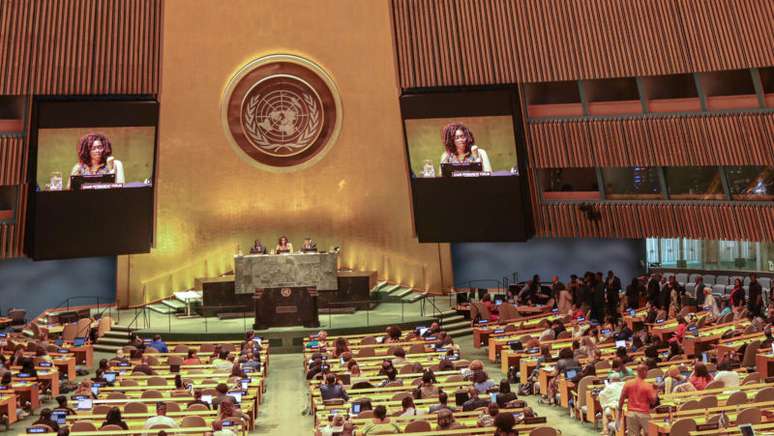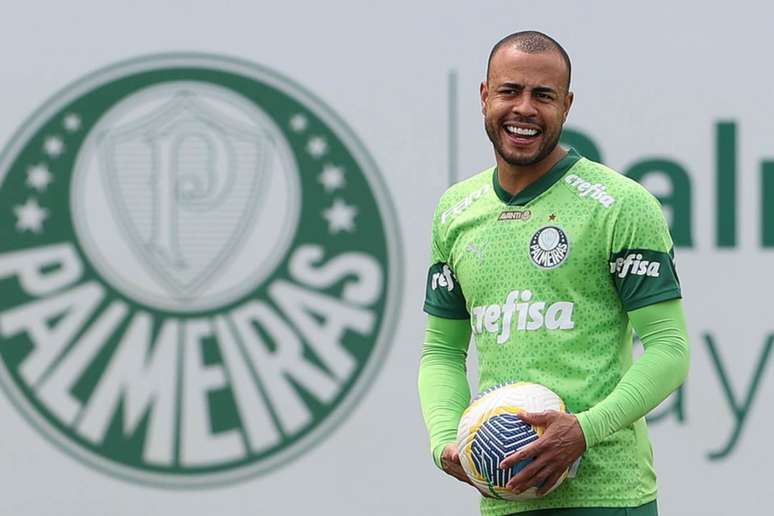The United Nations Permanent Forum for People of African Descent took place in late May and early June; The Brazilian reports that the event was exclusive to blacks in civil society
The United Nations Permanent Forum for Afro-Descendants in New York, USA aimed to bring together representatives of different countries and civil society to discuss ways to eradicate racism. However, a significant part of civil society has been excluded.
During the Forum’s opening, hundreds of people registered for the session stood outside the United Nations headquarters, waiting for hours in the sun to collect their building passes. Also, several people didn’t print their passes correctly. Some had to wait until the end of the day to attend the event. Others have not even entered. Representatives from the United Nations and the government discussed remediation policies with an empty session of people.
Even after the entrance, the voice of civil society – especially popular social movements – was limited by the structure of the event. Only the final minutes of each debate were handed over to civil society members, who had to register one hour before each meeting began. Non-verbal demonstrations by civil society were also blocked. For example, some people could not come in with their movement T-shirts and visually display their demands.
As if that weren’t enough, the racism of the security guards was yet another challenge for those who wanted to participate to overcome. On this matter I can give my personal testimony. To enter the UN headquarters, we had to take our computers out of our bags and go through a metal detector. I did as requested. I went through the detector. Afterwards, I grabbed my bag and headed for the entrance. One of the security guards called me because I forgot my computer. As soon as I reached out to pick up my gear, she pulled out the car and asked, “are you sure this is yours?” She had seen me take the computer out of the bag.
He called me to get the computer because he knew the equipment was mine. I took a deep breath and said yes. She asked again: “Are you really sure?” I said yes. Then he asked me to put the password on my computer to prove I was telling the truth. I didn’t want to be late for the Forum meeting, so I decided to enter my password and move on. However, how can I handle the pain of having to remain silent in the face of racism in order not to miss a fight against racism?
We need to articulate global strategies against white supremacy
During the Forum, some people argued that the exclusion of civil society was not intentional, but was caused by the bureaucracy at the UN headquarters and the failures in organizing the event. Indeed, the structure of major events is complex, and therefore not everyone has the space to speak. However, we must ask ourselves: who has room to speak in the Permanent Forum and why?
If we were considered as important as the representatives of the rich white countries that profited from the death of our ancestors, would we be treated the same way? Behind the bureaucracy or alleged flaws is the reproduction of racism. Africans and Afro-descendants from different parts of the world are being mistreated again and struggling to occupy a space that was clearly not meant for us.
Limiting popular voices translates into silencing radical calls for reparations. At the heart of African movements, especially since the Durban Conference in 2001, reparations involve the recognition that the racial capitalist system that now dominates the world is founded on colonialism and black slavery.
So reparations refer to the recognition we need to build a new world. The different countries are expected, at least, to agree to start this process with simple measures, such as canceling the foreign debts of the colonized countries, helping to pay their internal debts, and promoting policies related to the promotion of social, cultural and cultural economic benefits. of people of African descent. Several organizations such as CARICOM and the National African American Reparations Commission have already shown how it is possible to start the repair process.
However, the compensation claim was found to be empty and limited to the commitment to the Sustainable Development Agenda. While this agenda contains extremely important points, such as the quest to eradicate poverty, it sometimes incorporates the neoliberal idea that economic development based on the exploitation of peoples is acceptable as long as policies are created to reduce inequality.
By reducing reparations to that agenda, an awareness is adopted that racism is caused by a lack of opportunities for black people to rise in social status. However, the problem is not the unequal distribution of resources, but the fact that the unequal accumulation of resources – from slavery to today – takes place on the basis of our exploitation, oppression and death. Restorative justice is incompatible with neoliberalism. Finally, taking the reparations effort seriously means understanding that there is no way to design policies to eradicate racism without an open and democratized forum – one that prioritizes the voices of movements that have historically fought against the capitalist, racial, and patriarchal that was born out of colonialism and black slavery. We hope that the next meeting of the Forum will recognize this.
Black movements call for racial reparation policies at the UN Forum
Source: Terra
Rose James is a Gossipify movie and series reviewer known for her in-depth analysis and unique perspective on the latest releases. With a background in film studies, she provides engaging and informative reviews, and keeps readers up to date with industry trends and emerging talents.







